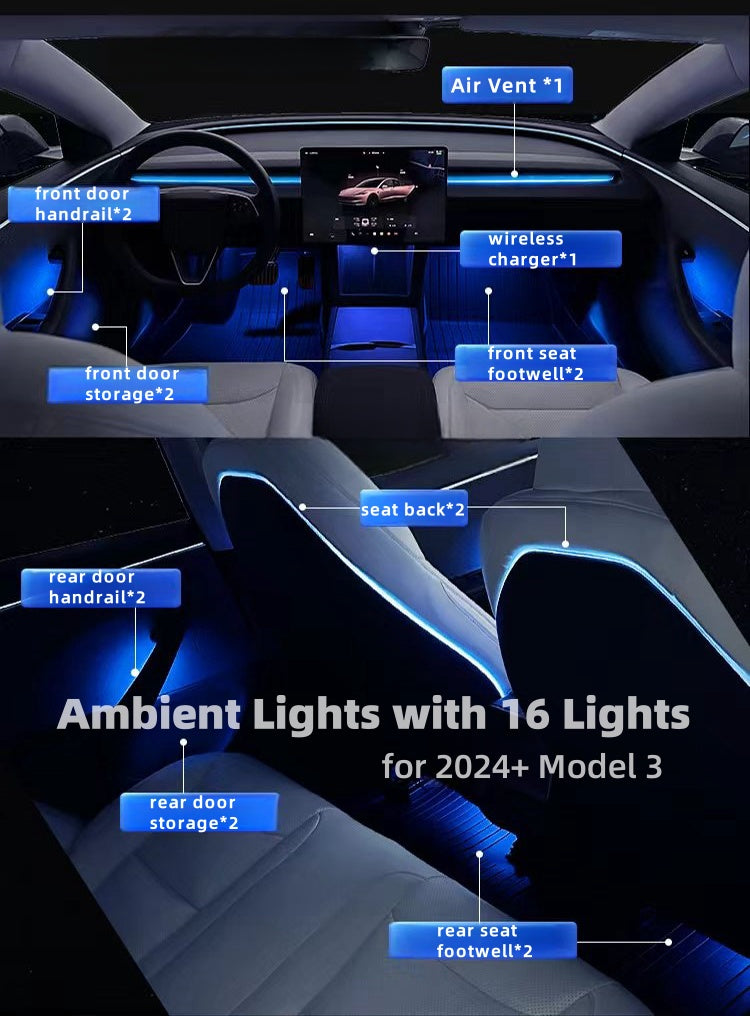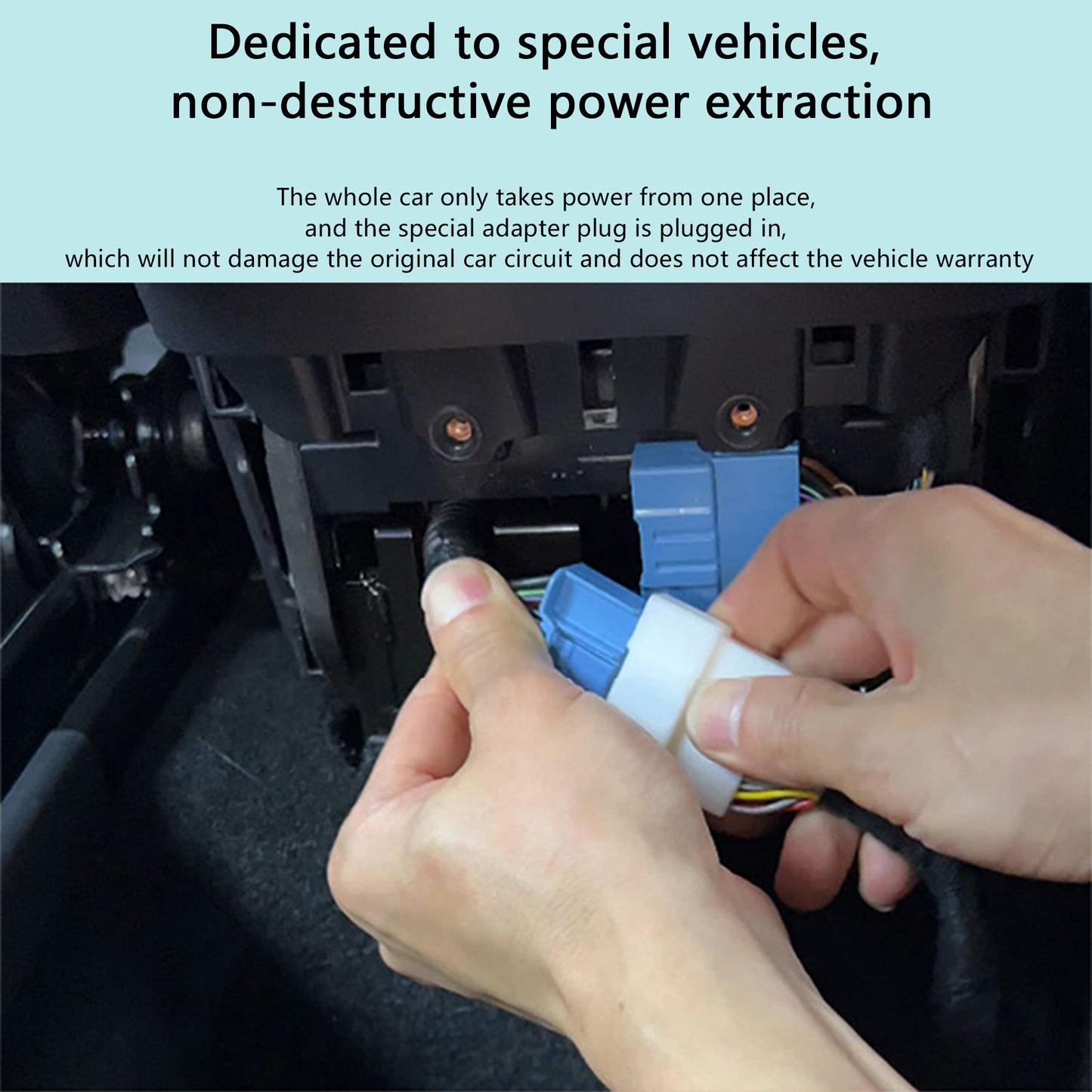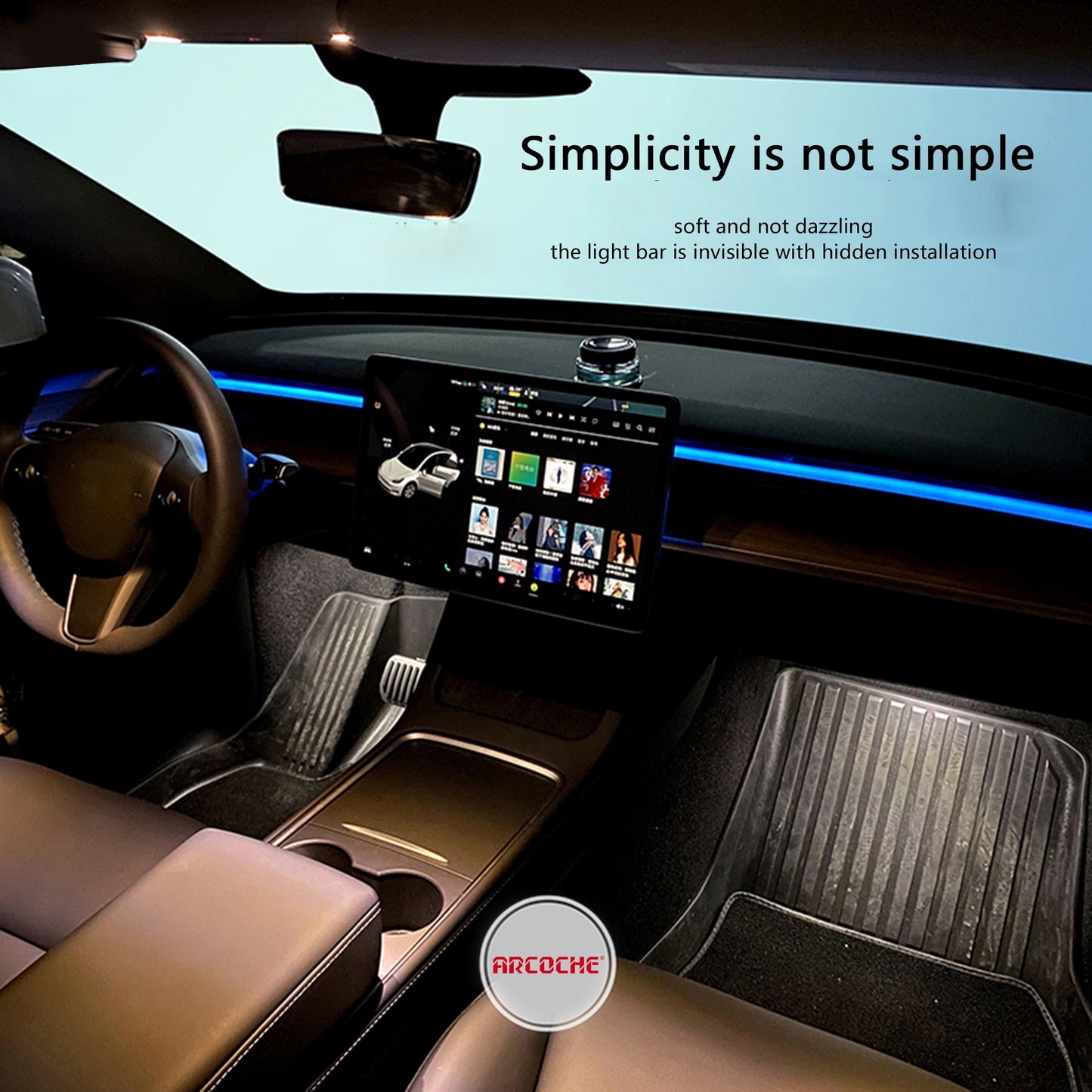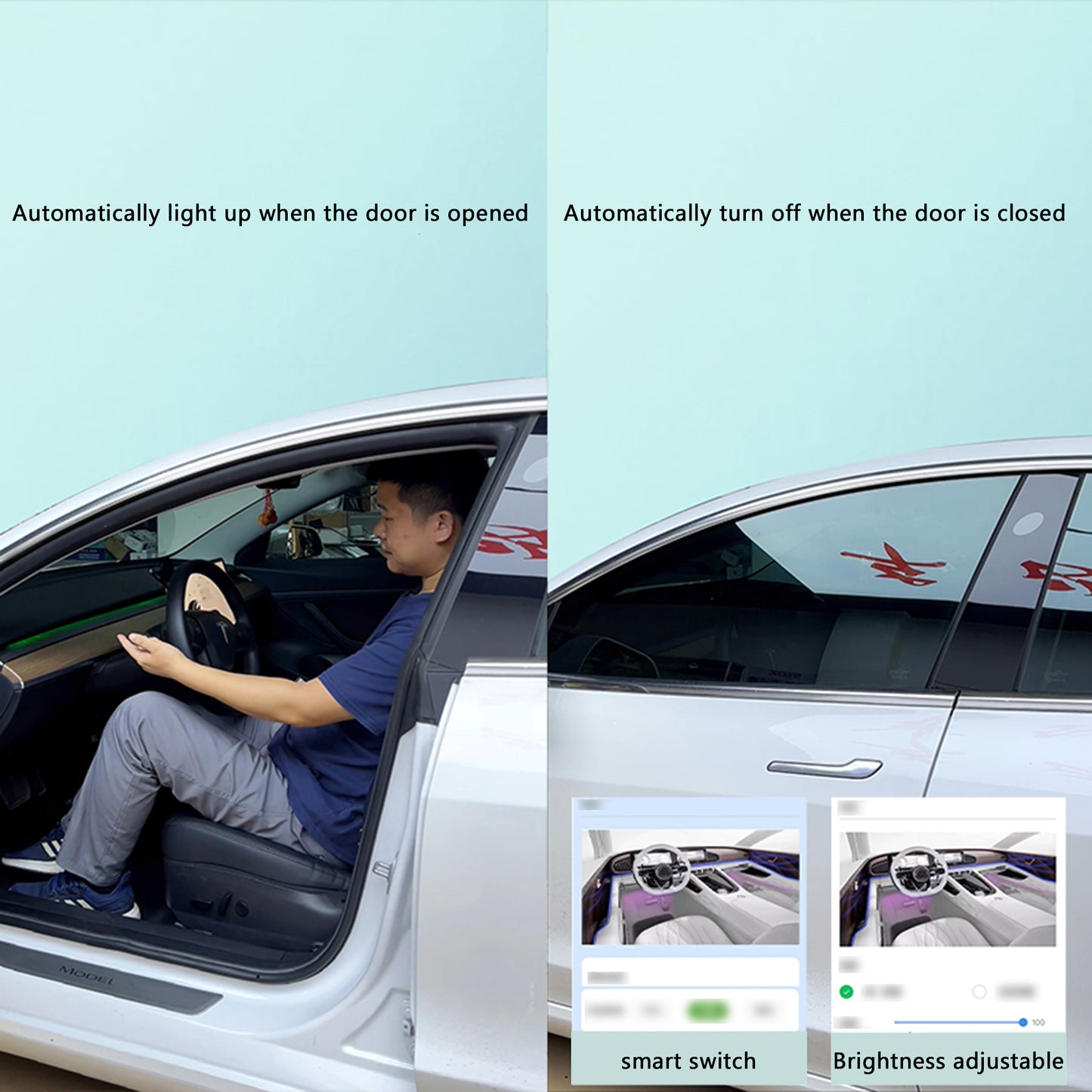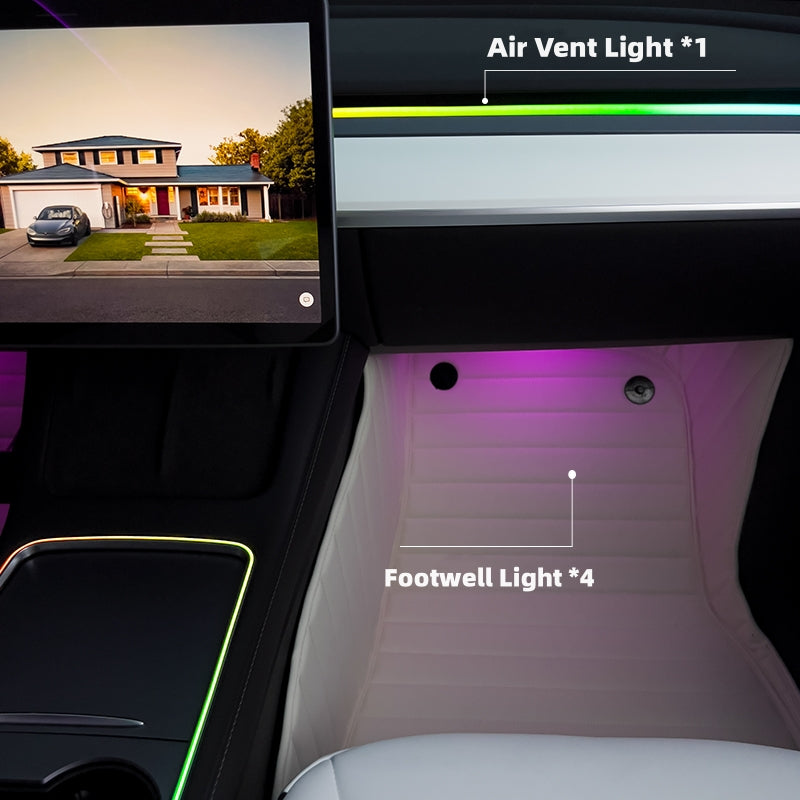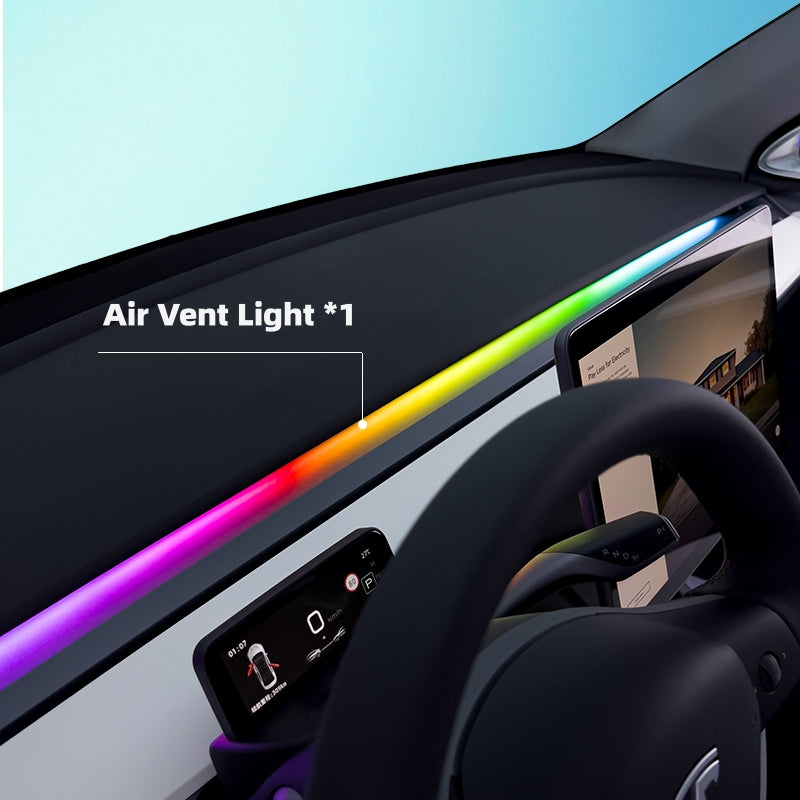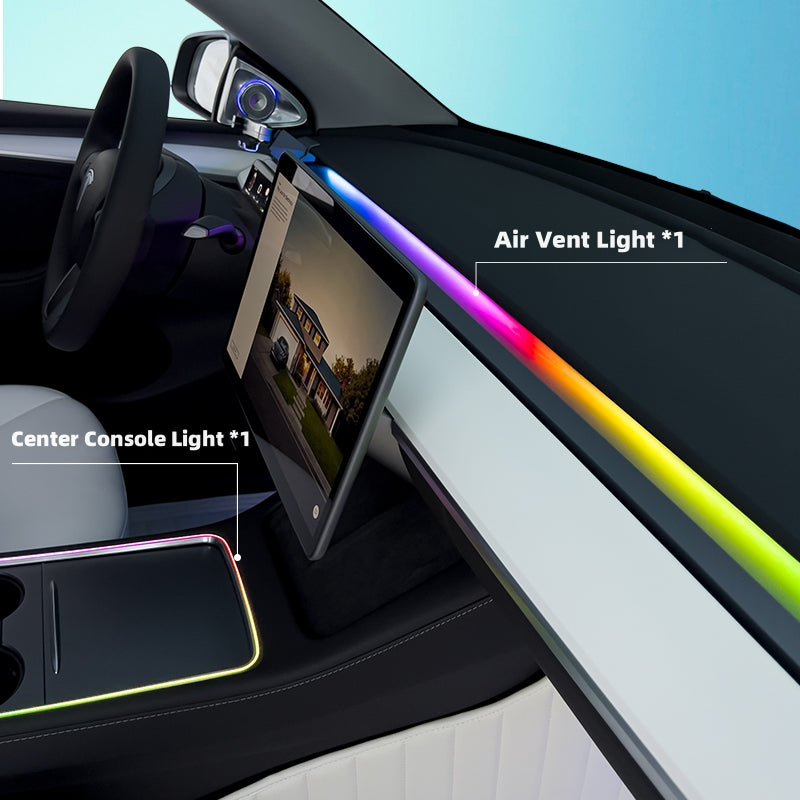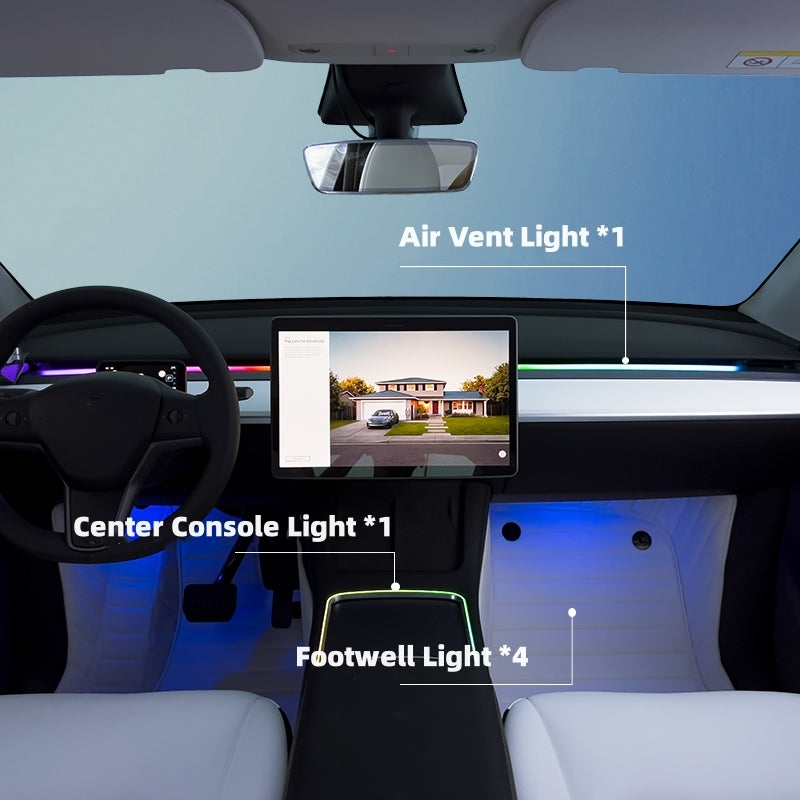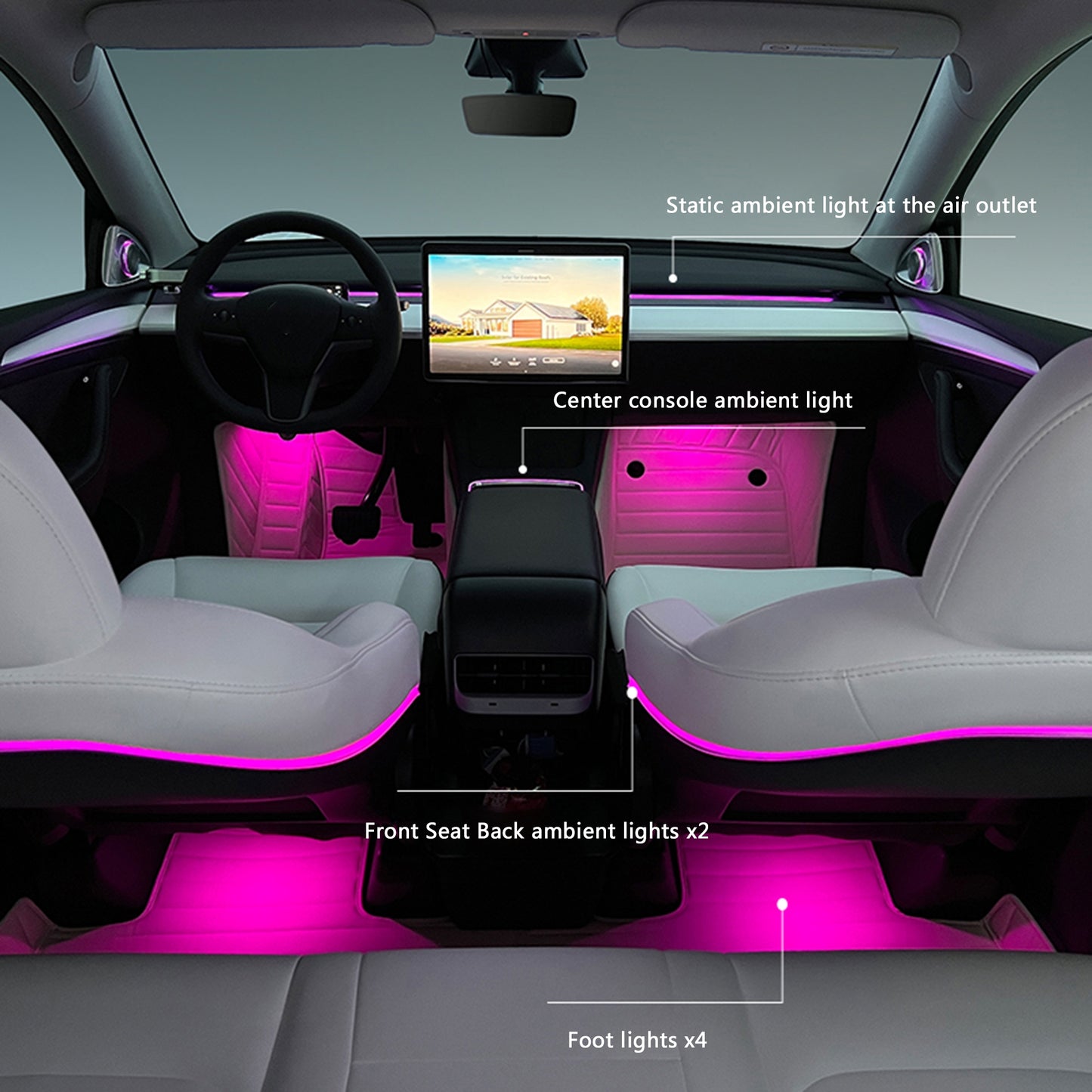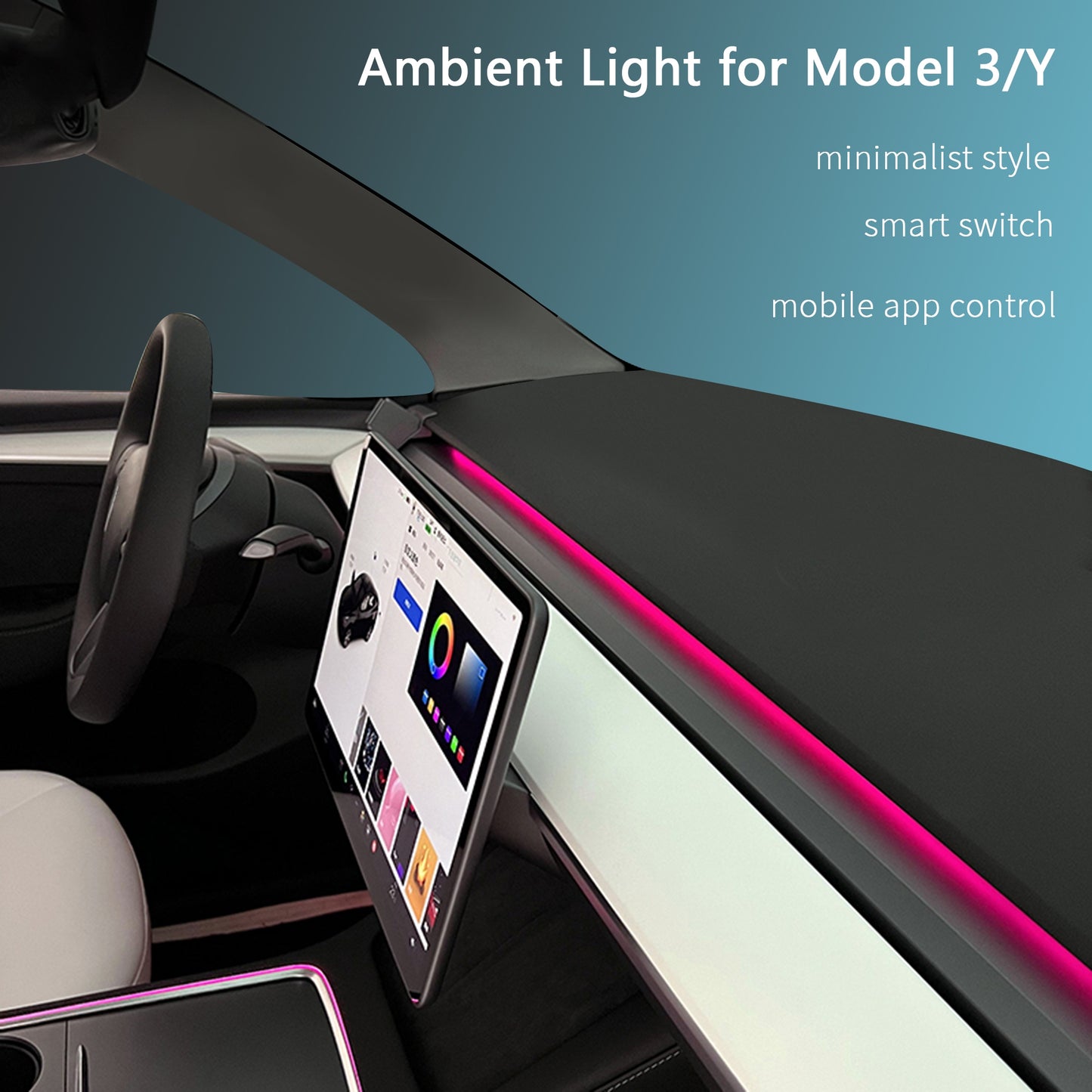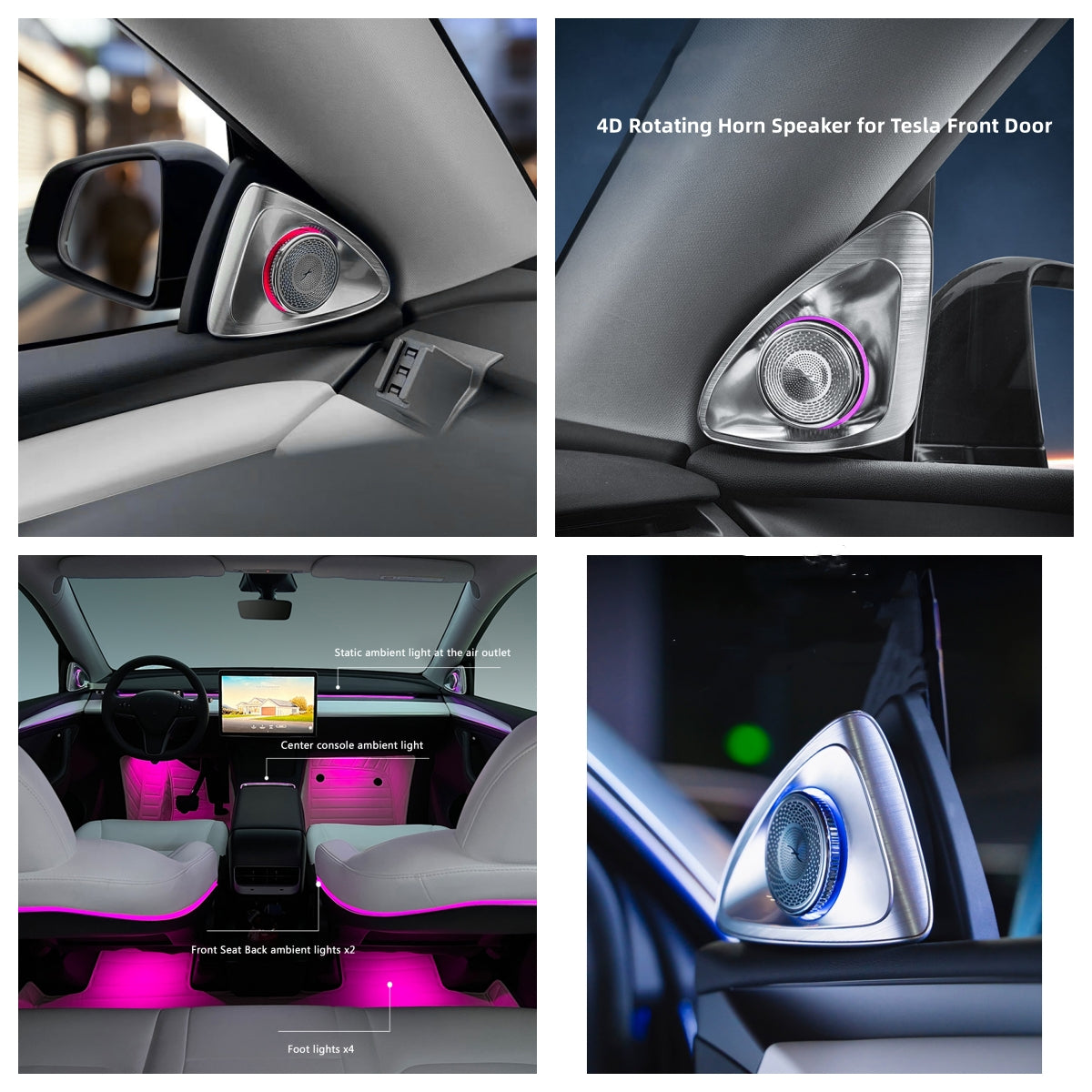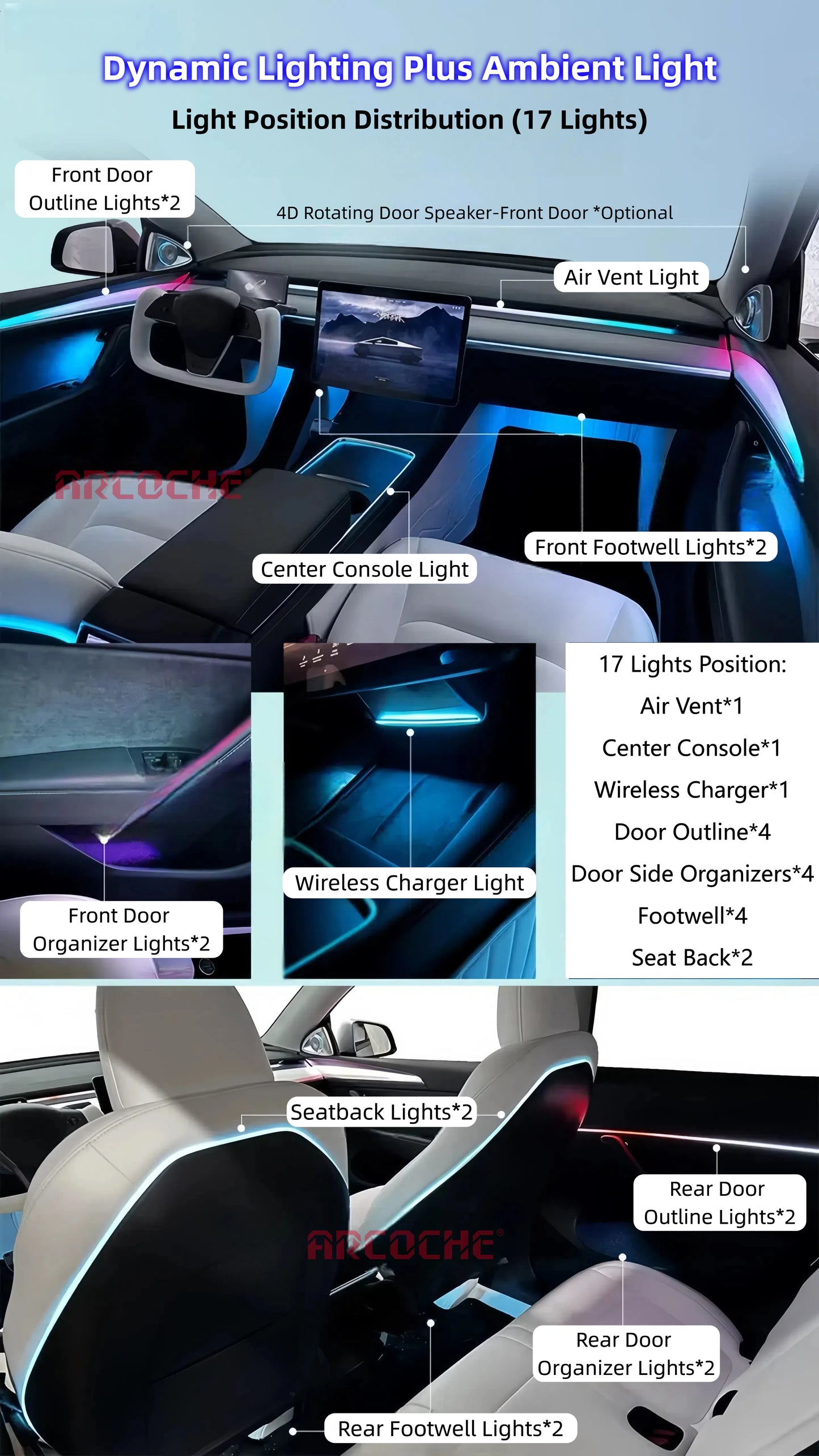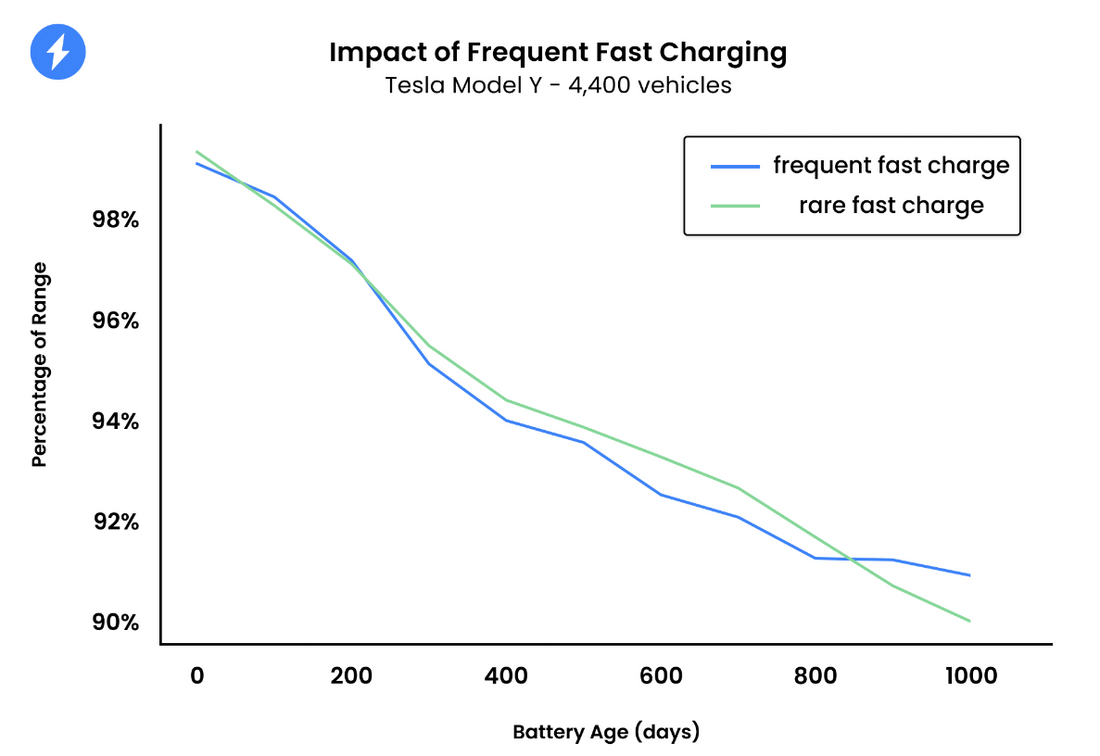
Debunking the Myth: Fast Charging Has Little Impact on Electric Car Battery Health, Study Finds
Urban legends can be as puzzling as they are prevalent, like the myth that frequent DC fast charging harms electric car batteries. Recurrent Auto, a group with an impressive following of over 12,000 subscribers sharing battery data, debunks this myth. They emphasize that an electric car's battery degrades over time due to various factors such as temperature, age, charging habits, driving style, and battery chemistry, but they find that there's no significant difference in battery range degradation between Teslas that frequently or rarely use DC fast charging. In essence, you can charge your electric car as needed without worrying about detrimental effects on your battery's health. Additionally, when you're ready to sell your electric car, Recurrent offers a battery health report for potential buyers, enhancing confidence in the purchase.

Preliminary assessments from Recurrent's team indicate that the study's conclusions are likely applicable not only to Tesla models but also to a range of other electric vehicle manufacturers. Further in-depth investigations are underway for other commonly supported vehicles by Recurrent. In essence, the advanced thermal, voltage, and battery management systems integrated by EV manufacturers effectively safeguard their batteries from harm even with regular fast charging practices.
Caring for Your Electric Car Battery
With the myth of fast charging harming your electric car battery dispelled, it's essential to recognize factors that genuinely influence battery health. According to Recurrent, there are indeed considerations to keep in mind. Fast charging can potentially impact your EV battery significantly in certain situations.
One crucial aspect is to avoid fast charging during scorching temperatures without prior battery preconditioning. Battery preconditioning involves the vehicle's thermal management system cooling the battery in advance, allowing it to accept a higher charge rate without overheating. Typically, when you set your car's navigation for a fast charging station, the battery undergoes preconditioning before your arrival, ensuring a safe and efficient charging process.
In a similar vein, it's crucial to precondition your battery before fast charging in extremely cold conditions. Often, a short drive before fast charging is sufficient to warm up the battery, ensuring an efficient charging process. Additionally, it's advisable to avoid fast charging when the battery is at very low or very high states of charge, as this can lead to higher battery resistance.
Recurrent underscores that most electric vehicles incorporate software that limits fast charge speeds once the state of charge exceeds 80%. In fact, for the last 20%, switching to a level 2 charger is often as fast, if not faster, than continuing with fast charging. Level 2 chargers, even public ones, are usually more cost-effective as well.
The data for this report primarily focuses on Tesla owners, as different manufacturers utilize batteries with distinct chemistries from various suppliers. Reliable data on battery degradation over five years necessitates real-world, long-term data collection. Subscribing to Recurrent provides valuable insights into an electric car's battery health.
Charging speed can be a source of confusion for many owners. The power displayed on a DC fast charger (e.g., "250 kW") doesn't necessarily mean your car can handle that power. Charge speed is controlled by software and battery limitations unique to each electric car model, and it is influenced by factors such as temperature, state of charge, and battery age.
For instance, if you drive a Chevy Bolt limited to 55 kW, connecting to a 250 kW fast charger won't expedite your charging process and could inconvenience other drivers who could benefit from it. Charging etiquette is an evolving aspect, but showing consideration for fellow drivers is always appreciated.
It's essential to recognize that charging an electric car at home is usually significantly more cost-effective than using public chargers, where rates of $0.45 per kWh are common. By charging at home, you can often reduce your charging expenses by half or even more.
Regarding charging times, the conventional concern about how long it takes to charge an electric car is a relic from the gasoline engine era. Unlike traditional vehicles, electric cars can be conveniently charged anytime they are not in use, whether at home, at work, or during a grocery run.
Considering that the average private vehicle remains parked about 95% of the time, the question of how long it takes to charge becomes less significant. So, when someone inquires about the charging duration of my Tesla Model Y, I humorously reply, "One minute. 30 seconds to plug in and 30 seconds to unplug later." It's all about perspective. Unless you're on a long journey, charging times are generally of little consequence, making the transition to an electric car a convenient and satisfying choice.
--------This article is partly excerpted from CleanTechnica.



